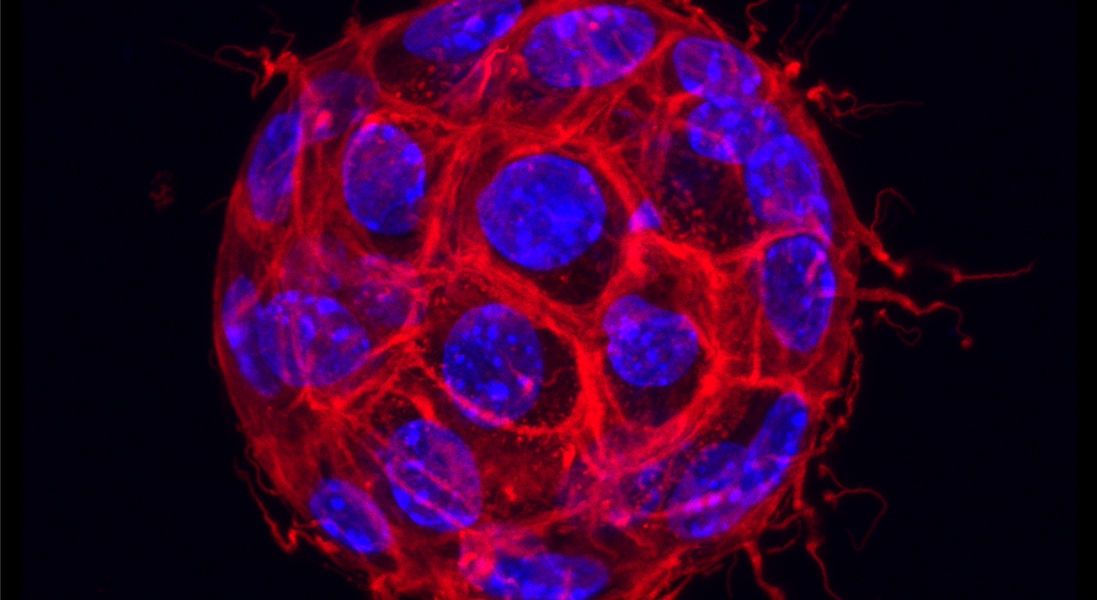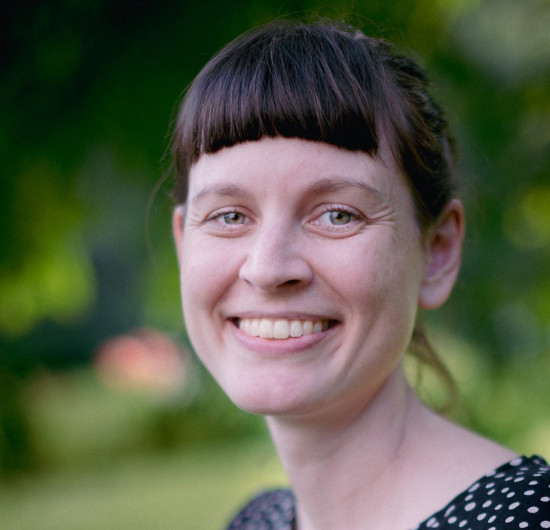Understanding host-microbe interactions in the Microbial Evolutionary Medicine Group
The research aims to understand the effects of microbial interactions within, and among species, and between microbes and their hosts. The ultimate goal is the ability to predict and manipulate microbial effects on host fitness. Social Evolution theory provides a framework to understand interactions such as competition and cooperation.

We operate at the intersection of evolutionary and clinical microbiology, in the developing field of Evolutionary Medicine. We study the effect on our health of host-microbe interactions through in vitro and in vivo experiments, using microscopy, flow cytometry, and bioinformatics. We complement this with screening patient samples for biomarkers to evaluate the translational value of our experimental work.
The star of our work is the bacterium Helicobacter pylori, which lives in the human stomach. H. pylori is thought to have co-evolved with modern humans, and is renowned for causing stomach ulcers and -cancer. Infection can, however, also protect against other diseases such as asthma and allergies. The outcome may depend on a complex interplay of host and bacterial genetics, age at infection, and interactions with other microbes in the gut. We explore the consequences of infection on host metabolism and parasite susceptibility.
Main findings
- Kløve, S., Stinson, S. E., Romme, F. O., Butt, J., Graversen, K. B., Lund, M. A. V., Fonvig, C. E., Waterboer, T., Perez-Perez, G. I., Hansen, T., Holm, J.-C. & Andersen, S. B., 2024, Helicobacter pylori seropositivity associates with hyperglycemia, but not obesity, in Danish children and adolescents I: BMC Medicine. 22, 12 s., 379. https://doi.org/10.1186/s12916-024-03591-w
-
Andersen, S.B., Marvig, R.L., Molin, S.M., Johansen, H.K., Griffin, A.S. 2015: Long-term social dynamics drive loss of function in pathogenic bacteria. PNAS (112) 34, 10756–10761. https://doi.org/10.1073/pnas.1508324112
-
Andersen, S.B., Shapiro, B.J., Vandenbroucke-Grauls, C., de Vos, M.G.J. 2019: Microbial evolutionary medicine – from theory to clinical practice, a short review. The Lancet Infectious Diseases (19) 8, e273-e283.
-
Ghoul, M., Andersen, S.B., West, S. 2017. Sociomics: Using omic approaches to understand social evolution. Trends in Genetics (33) 6, 408-419. https://doi.org/10.1016/j.tig.2017.03.009
Funded by a Lundbeckfonden Fellowship, Independent Research Council Denmark Sapere Aude Fellowship as well as the Carlsberg Foundation.
-
Interview in Weekendavisens podcast 24 spørgsmål rejser ud by Sandra Breum Andersen and Tom Gilbert 03/10/2022
-
Feature in Evolutionary Medicine article by Sandra Breum Andersen 14/05/2022
-
Vin & Videnskab - Hologenomics: Det nye sort i DNA-forskning by Sandra Breum Andersen (Invited speaker) 10/11/2021
-
Club EvMed: Harnessing the social lives of microbes to improve human health by Sandra Breum Andersen (Invited speaker) 25/03/2021
Explainer video about Sandra's organoid research
Group members
| Name | Title | Phone | |
|---|---|---|---|
| Ana Cuesta Mate | Research Assistant | +4535331281 | |
| Danai Anastasia Panou | Postdoc | +4553490278 | |
| Dinah Maran Parker | Postdoc | ||
| Sandra Breum Andersen | Associate Professor | +4535337779 |

